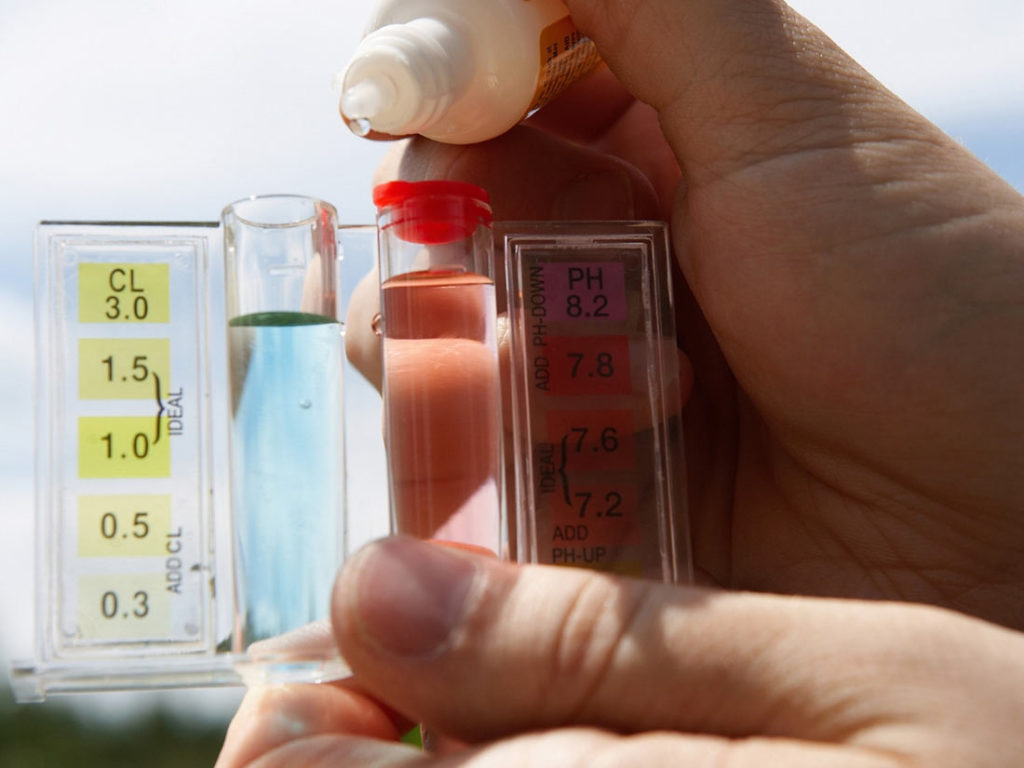Depending on where you live, you may have a variety of concerns regarding the quality of your water. Rather than ignore your concerns and hope for the best, it’s imperative to better understand what’s happening.
Over the past few years, a growing number of people have become concerned about pollutants in the Cumberland River.
The primary cause of this pollution is the many cities upstream that dump their treated sewage into the river. While this may not sound like a big deal to some people, since the sewage is treated, it’s actually quite dangerous.
Here’s why: treated sewage does not remove chemicals and pharmaceuticals flushed down the drain at both commercial properties and local residences. With all of the factories along the Cumberland River dumping their waste into water into the river, this concern continues to grow.
Adding to the problem, many of the local farms use pesticides and herbicides, which eventually end up in the river water.
While the city drinking water plant treats the water, it’s important to note that it can only remove suspended mud and add chlorine. This means that the majority of dissolved chemicals make their way to homes and businesses in the area.
What Can You Do?
If your water comes from the Cumberland River, you have every right to be concerned. Fortunately, you don’t have to rely solely on water treatment plants to improve the quality of the water entering your home.
The first thing you should do is test your water. This will give you a clear idea of its polluted, and if so, the types of contaminants that are present.
From there, you can learn more about the many whole house water filtration systems that can keep these contaminants from reaching your tap.
With the right system in place, you can be rest assured that you’re using the healthiest and safest water possible.
